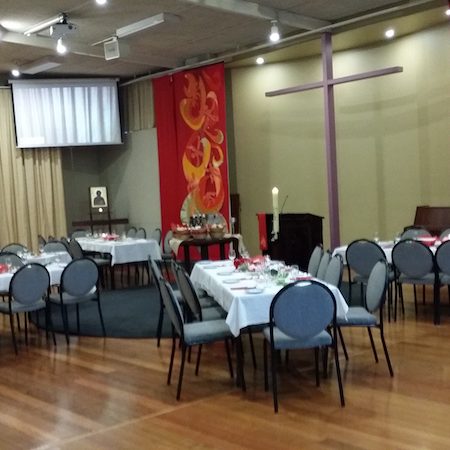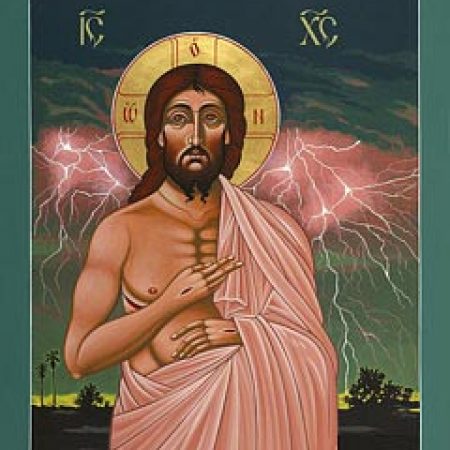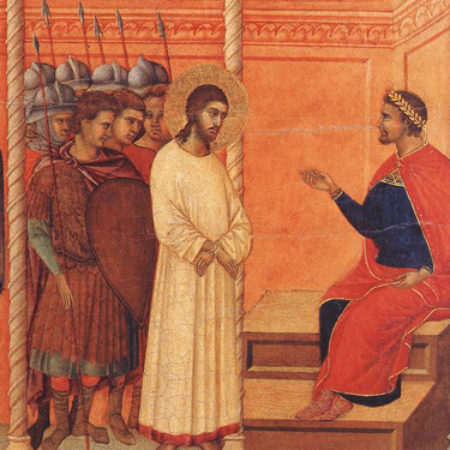The measure of the value of our worship is the measure of the transformation of our lives into imitations of the love and kindness of Jesus.
Sermons on Anger
God is most likely and able to work through those who accept their own weakness and don’t try to forcefully assert their own power and influence.
In order for men to step up and end the scourge of domestic violence, they need to experience themselves as loved and valued, liberating them to love others.
While many have a passive-aggressive relationship with God, the gospel gives us a vision of God that liberates us to live freely, expansively and joyously.
In times of rupture, we, like Isaiah, can pour out our words, images and even anguished songs as we try to gather up the pieces and make some sense.
When we read scripture through the eyes of Jesus, we find a way free of the violent abusive images of God in some of the ancient texts.
Inviting Christ into your dwelling means being renovated from the inside out.
Faithful lament, even enraged and despairing lament, takes us close to the heart of God, though we usually can’t perceive God when we are there.
Jesus shows us that even though there might be many things that don’t seem right to us, we would be wise to let many of them go and only fight the battles that really matter.
The abusive use of anger to manipulate other people’s behaviour is, Jesus says, on the same spectrum as physical violence, and Jesus calls this preacher to repent of it.
The instinct to call down fire on those we perceive as God’s enemies is a “fruit of the flesh” that must be supplanted by the fruits of love.
Whenever we are invested in the status quo, we are at risk of being caught up in seeing the liberation that Jesus brings as a threat to be opposed.
Angry prophets who tell us the hard-to-hear truth about ourselves pave the way for a new world to emerge.
In the face of a politics grounded in nationalist arrogance and fake news, Jesus proclaims a ‘kingdom’ grounded in shared humanity and truth.
Events of global chaos probably aren’t signs of God’s next big move, but we need to take seriously the call to live faithfully and courageously in the midst of them.
Honestly owning the rage that sometimes consumes us is an important part of maintaining our resistance to all that stands in the way of a Jesus-shaped life.
If God seems unjust, we can and should question God’s integrity, for God welcomes our questions in order that the falsehoods might be stripped away and the truth revealed.
God’s anger over injustice and hypocrisy is the hot passionate anger of a lover betrayed and aggrieved, an anger which craves reconciliation and rekindled love, not punishment.
The story of the older brother in the parable of the prodigal son is a crucial part of the message of grace.
Jesus is angered by our trivialising of religion that inoculates us against the claims of a holy God, and calls us to clean out the crassness and commercialism and approach God on God’s terms.















